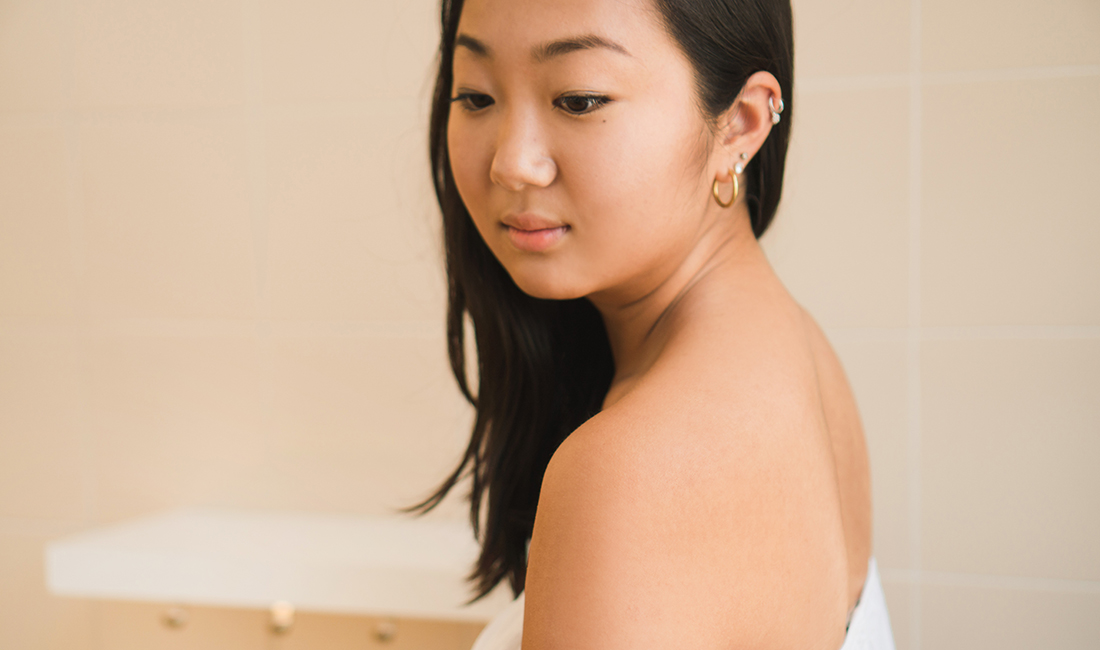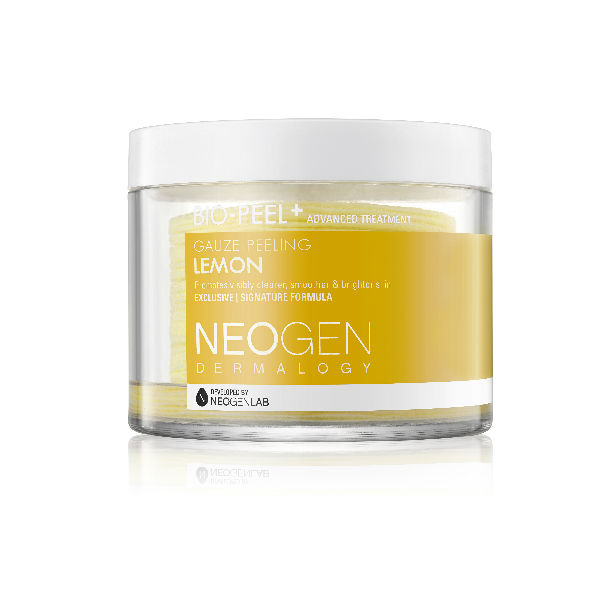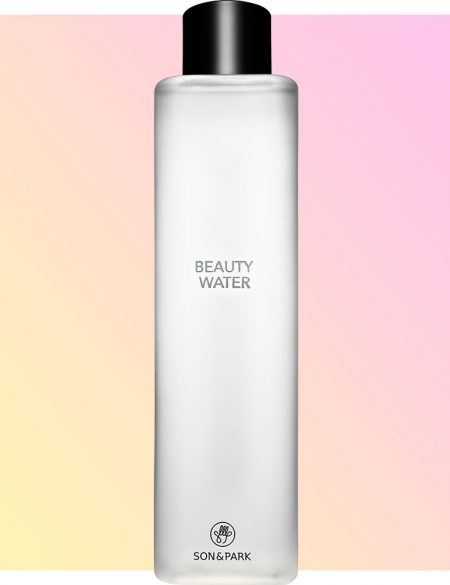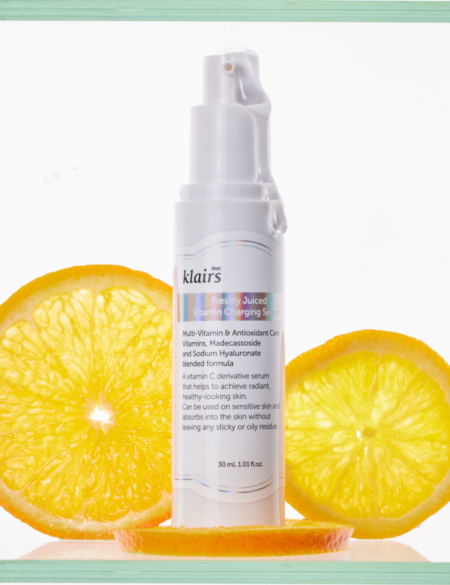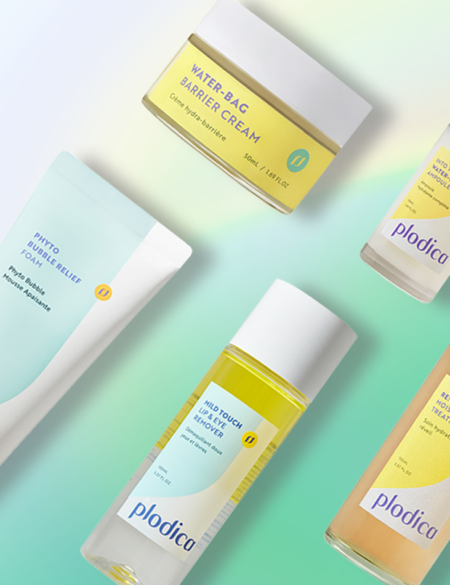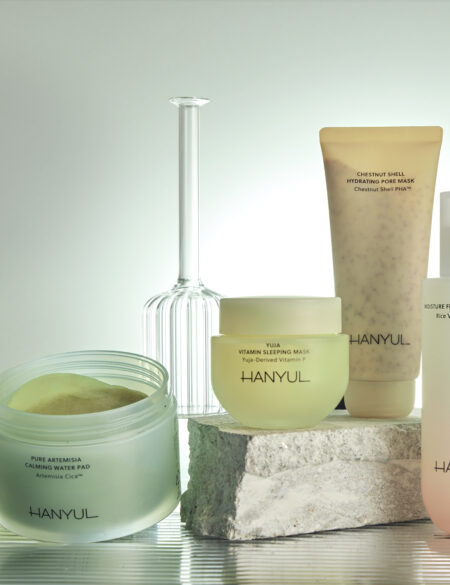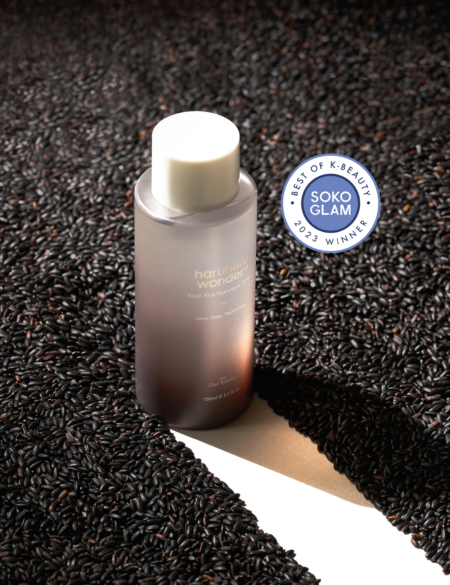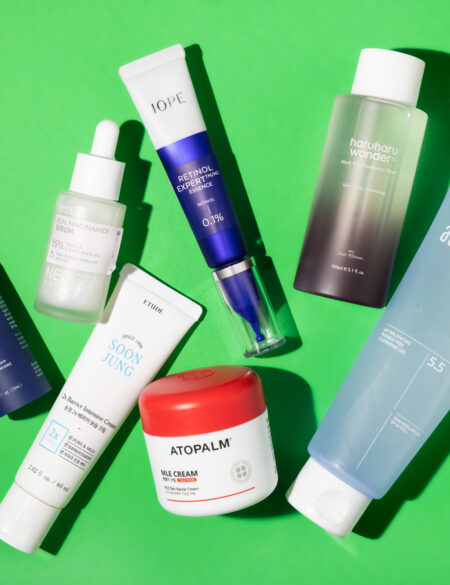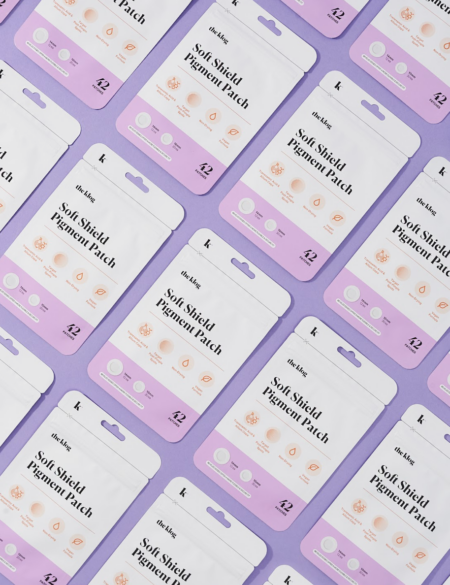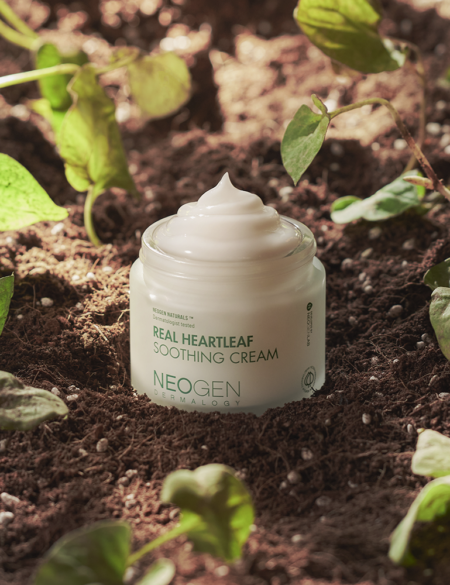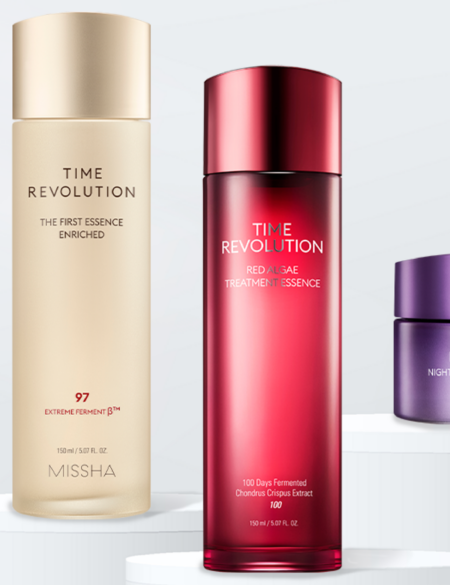Facial acne is never any fun, and body acne isn’t much better. Read on to find out what causes body acne, and how you can treat it.
We do everything to prevent and treat any blemish on the face, but what about the body? With summer around the corner, body acne is not only more common, but harder to hide as clothing becomes as minimal as possible in an effort to fight the increasing heat.
Concerned about body acne? Keep reading for everything you need to know.
What Causes Body Acne?
According to Dr. Daniel Friedman, a board certified dermatologist, “Body acne is caused by a combination of excess oil (sebum) production, clogged pores, and overgrowth of Propionobacterium acnes bacteria that lead to an inflammatory response. Since these same factors cause facial acne, patients often have lesions on both the body (chest, shoulders, back) and face, a tell-tale sign of hormonal acne.”
These areas are the most common for body acne as the upper half of the body has more sebaceous glands per square inch than other areas of the body. Sebaceous glands, just like those on the face, can eventually clog pores, causing acne. Couple that with excessive skin cells (see: lack of exfoliation), and your body is a breeding ground for extra pimples. Clogged pores on your body can lead to blackheads, whiteheads, and typical inflamed pimples to appear in the affected areas.
That being said, there are a few more causes of body acne that ring especially true in the summer. Specifically, intense heat, friction (from wearing a backpack, tight clothing, or athletic gear), and increased sweat can all contribute to body acne of another kind. Known as acne mechanica, this is caused when friction on the skin, combined with heat and sweat, inflames and irritates your follicles. This results in an inflamed bump that resembles a classic pimple. Unfortunately, ingredients such as SPF can further clog your pores, which is again why summer is prime season for body acne.
How Do I Know Which One I Have?
Visually, it can be quite hard to differentiate the difference between regular body acne and acne mechanica. The best way to determine what kind you might be suffering from is to think about your lifestyle and general lifestyle changes. Are you breaking out where your backpack lies? Is it where your sports equipment lays? Does it only get particularly bad when you sweat excessively? If so, it’s likely acne mechanica. If body acne is something that does not waiver when summer comes around, it is likely you do not suffer from acne mechanica and instead from regular old body breakouts. If you notice your face is not reacting like your body and you find the bumps to be itchy, then it is likely you are suffering from fungal acne. Dr. Friedman also notes that if this seems as if it’s only an issue in summer, it is likely fungal acne because “since yeast is commonly found on our skin, warmer weather and increased sweating can easily precipitate breakouts by creating an environment that favors its growth.”
How Do I Treat It?
The good news is, no matter which kind of acne you suffer from, they can be treated in nearly identical ways, though the severity of your individual case might further determine treatment.
If you believe you suffer from acne mechanica, the first step is to shower more frequently. After each sweat session at the gym, a workout class, or just a particularly sweaty walk, its recommended to hop straight in the shower to rinse the sweat off and calm your follicles to prevent further clogging.
For mild to moderate acne, there are numerous over the counter treatments that work to help keep your skin clear. Using a medicated body wash or cleanser with an AHA or BHA in it will lightly exfoliate the skin, lifting up dead skin cells and making the chance for clogged pores diminish. The most popular ingredients used to treat body acne are salicylic acid, glycolic acid, and benzoyl peroxide. A great product formulated to treat body acne is the Klavuu Green Pearlsation Tea Tree Care Body Spray. Formulated with tea tree oil and salicylic acid, the fine mist targets body acne and treats and prevents any breakouts, no matter where you might have them. Because it’s a spritz, it’s also that much easier to target those hard-to-reach places that creams and cleansers can’t always get.
While some people cocktail different acids, we recommend honing in on one so that it is easier to monitor what ingredients help and what ingredients can be irritating. Because exfoliating acids can be drying (and then cause an overproduction of sebum in responses), it is recommended to hydrate afterwards with an oil, balm, or cream of your choice. To get the benefits of a physical and chemical exfoliator in one step within a product that isn’t too stripping or harsh, the Neogen Bio-Peel Gauze Peeling Lemon is fantastic. It’s formulated with lactic acid, glycolic acid, and lemon, so the gauze wipes are designed to penetrate and clear clogged pores and remove dead skin cells in one easy swipe.
Starting with gentle acids is great, but if it’s not working for you, next steps need to be taken. For more severe body acne, it is recommended to see a dermatologist. The dermatologist can prescribe oral antibiotics that will reduce the amount of acne causing bacteria, give topical retinols to rapidly exfoliate, and in a bad case, they might even suggest Accutane.
If you know you’re dealing specifically with fungal acne, “treatment often starts with using an over-the-counter antifungal shampoo (with selenium sulfide or zinc pyrithione) [used] as a body wash and either a rub-on or oral anti-fungal medication, to reduce the yeast population [on the skin]. Using an over the counter antifungal body wash three times per week before the weather gets warmer can often prevent the lesions from reappearing, [but] using harsh or abrasive cleansers, like with hormonal acne, is unlikely to help.”


